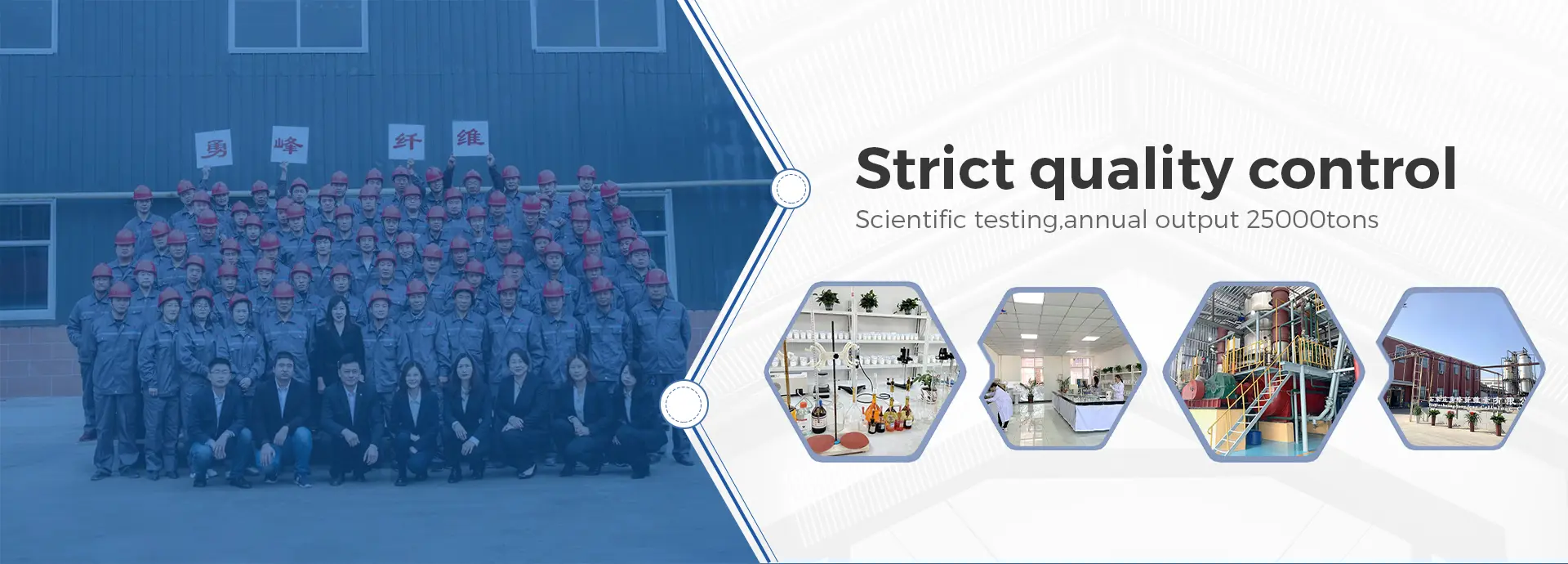Tylose A Multifunctional Hydroxypropyl Methylcellulose
Tylose, a trade name for hydroxypropyl methylcellulose (HPMC), is a multifunctional polymer widely used in various industries, including food, pharmaceuticals, and construction. This versatile compound is derived from cellulose, a natural polymer that forms the structural component of plant cell walls. Tylose is synthesized through a chemical process that modifies cellulose by introducing hydroxypropyl and methyl groups, which enhances its solubility and functionality in various applications.
.
In the field of pharmaceuticals, Tylose has gained prominence due to its role as a binder and disintegrating agent in tablet formulation. Its ability to control the release rate of active ingredients makes it an ideal choice for both immediate and sustained-release formulations. Furthermore, its biocompatibility and non-toxic nature have led to its extensive use in various dosage forms, including oral, topical, and injectable medications. As pharmaceutical companies continue to innovate, the demand for Tylose in the development of novel drug delivery systems is expected to rise.
tylose

The construction industry also benefits significantly from the unique properties of Tylose. It is commonly used as an additive in dry mortar and cement-based products to improve workability, adhesion, and water retention. By enhancing the performance of these materials, Tylose contributes to the durability and longevity of construction projects. Moreover, its use in tile adhesives and plaster formulations ensures better bonding and minimizes shrinkage, ultimately leading to higher quality outcomes in building and renovation.
Tylose's environmental compatibility adds to its appeal in various applications. As a cellulose derivative, it is inherently biodegradable, which aligns with the growing demand for sustainable and eco-friendly materials. This characteristic makes Tylose an essential component in the development of green technologies and products, particularly in industries striving for reduced environmental impact.
In addition to its functional benefits, Tylose is also lauded for its versatility in formulation. It is available in a range of viscosities and particle sizes, allowing manufacturers to tailor its properties to meet specific requirements. Whether in a low-viscosity liquid form or as a fine powder, Tylose can be easily integrated into diverse product formulations, making it a go-to choice for formulators across multiple sectors.
In summary, Tylose, or hydroxypropyl methylcellulose, stands out as a multifunctional polymer with a wide array of applications. Its role as a thickening agent, binder, and emulsifier in the food and pharmaceutical industries, along with its use as an additive in construction materials, highlights its versatility and significance. As industries evolve and seek innovative solutions, Tylose is poised to maintain its status as a vital ingredient, contributing to the development of high-quality, sustainable products. The ongoing research and development in cellulose derivatives further promise exciting advancements, ensuring Tylose remains at the forefront of material science and application.
-
Rdp that The Revolutionary Polymer Powder Transforming Modern Construction MaterialsNewsAug.11,2025
-
Hpmc Powder that Versatile Additive for Detergents and Personal CareNewsAug.11,2025
-
Hpmc Hydroxypropyl Methylcellulose that Essential Building Material Additive from Shijiazhuang Gaocheng YongfengNewsAug.11,2025
-
Hydroxypropyl Methyl Cellulos Hpmc that Essential for Construction ApplicationsNewsAug.11,2025
-
Mhec Powder that Revolutionizing Construction Chemistry with Cellulose Ether SolutionsNewsAug.11,2025
-
Industri Hpmc that The Global Backbone of Advanced ConstructionNewsAug.11,2025




